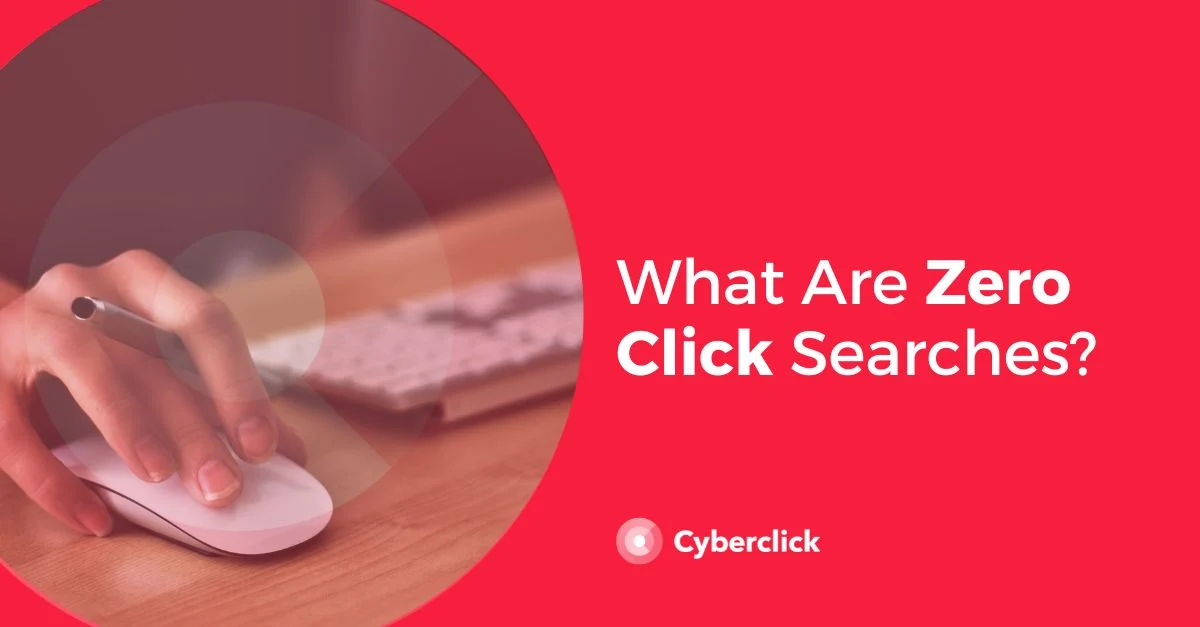
Introduction: The Era of Instant Answers
It is the year 2025, and the evolution of SEO leaves businesses grappling with one of the tougher challenges: ranking in a world where users barely have to click. Across search results from Featured Snippets to Knowledge Panels to AI-generated responses, users are receiving answers to their queries even before they make it to a website. With this trend of zero-click searches, it has forced marketers, with their SEO strategies, to think on new avenues of visibility.
In earlier times, getting traffic meant being on Google’s first page. It is no longer so; companies now have to be optimized for position “zero,” that is, being the very top of Google search results listing on the results page. Much will depend on properly grasping search intent, structured data, and AI behavior behind search.
Why Zero-Click Searches Matter for SEO
Zero-click searches are a growing trend because Google wants to provide users the fastest and most convenient answers. Users begin to get answers directly on the search results page instead of going through various websites. Though an improvement to user experience, it does reduce website traffic, further causing greater challenges for businesses in increasing the number of visitors to their websites.
However, they present opportunities for brands. If your content happens to be featured in a featured snippet, PAA, or voice search result, instant exposure, in one form or another, is gained, despite any chance of click-throughs. This exposure can create trust and authority and may further build brand awareness and lead conversions via other channels.
How to Optimize for Zero-Click Searches
1. Focus on Featured Snippets
Featured snippets are position zero grabbers Google selects from the high-ranking pages. For a better chance of getting featured, create content that clearly answers commonly asked questions with brief and concise information. The use of bullet points, tables, and well-structured content is easy for Google’s AI to understand.
2. Optimize for People Also Ask (PAA) Boxes
The PAA section of Google displays questions that are related to your keyword and their answers. So for your content to fit in here, you may want to answer the very particular types of questions users may be asking. Consider presenting some of these questions in an FAQ-style format in your blog posts and on pages with content that provides direct value.
3. Implement Schema Markup
Schema markup gives search engines a better understanding of your content. Structured data embedded into a website will give you better chances of being featured in rich snippets, local search results, and knowledge panels. This, in turn, makes your content more accessible and more visible in the user’s search.
4. Prioritize Conversational and Long-Tail Keywords
The rise of voice search places great importance on optimization for conversational queries. Long-tail keywords that reflect natural speech patterns fare well in zero-click searches. Rather than choose short, very general keywords, one should try to profile the more specific phrases and questions their users might ask of their voice assistants.
5. Strengthen Brand Visibility Beyond Clicks
Supposing there are no clicks on the website by users, that brand should stick in their minds. Optimize your meta descriptions and headlines, plus the content, to create stronger recall for your brand. Consistent branding across zero-click search results ends up helping establish an authority that leads to indirect benefits such as calls that come in directly, social media interactions, and referrals passed mouth-to-mouth.
Conclusion: Adapting to the Future of Search
Now, with zero-click searches, it appears that maybe a death knell has been sounded for traditional SEO, however, it is opening doors for new possibilities. Zero-click search will be a thing of the past as businesses have to optimize for voice search, snippets in search engines, and structured data; these will serve businesses to score high in search rankings with high visibility even if the users do not click on their sites.
SEO in the year 2025: Not only about getting traffic anymore; the emphasis is now on conversation. If what someone has searched for is answered by your content, that will ultimately position your brand as historically golden in authority and credibility. The future of SEO is not winning clicks; it is being there and being counted; it’s about being trusted and being influenced.